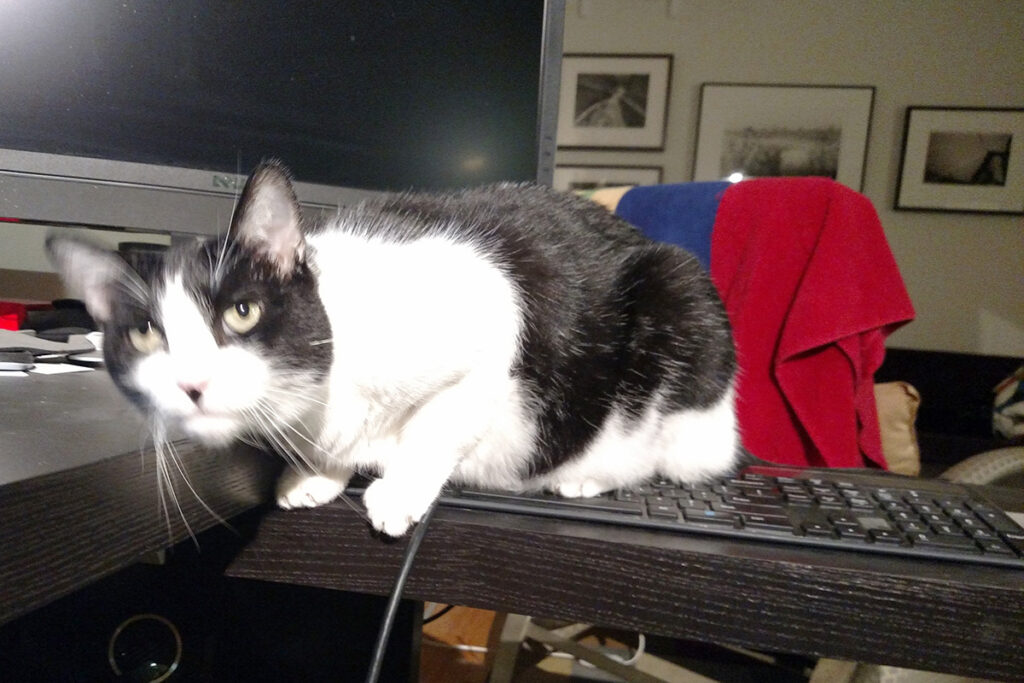My most important lesson
A million cats walking on a million keyboards can be enough

I was asked to tell my most important lesson a few days ago, and while I’ve written this one before in a longer post, I thought it should be broken out into a post of its own.
Early in my career I worked for a large bank, on a large, high-profile project as the key technical resource to a project that was driven by the needs of new business operations. It was the kind of career-defining project that simultaneously expanded and limited my options going forward. When it was over, I moved into a related role with a startup division of the same bank, using an evolution of the systems I had originally built. In that role I learned one of the most important lessons I’ve ever had about where and when engineering and technology matter.
The general manager was a youngish British banker who had come over to New York for the opportunity. He was really smart about how we could use our technology to disrupt the world he had come out of. But there was a very cold realism to his approach. After one particularly successful customer launch, he reminded us:
“Our customers don’t come to us because we have the best technology, they come to us because we provide a better value. They’re happy to see us using great technology and are impressed with our mastery of it, but in the end, if we can provide the same results at the same price by putting a million monkeys in front of a million typewriters, they’d be just as interested in the value proposition.” 1
Years later, I realized that his idea may be the first known example of a serverless architecture. It was also a powerful precursor to ChatGPT.
I have never forgotten the “million monkeys” analogy (or “cats on keyboards,” as I tell it today). I credit him for my tendency to always be skeptical of technology even as I work to master it. I’ve saved my clients and employers millions of dollars by warning them off of expensive “investments” that would only generate value to the vendor, or resume-padding material for the people working on it. I’ve come to actively resent and block resume-driven development wherever and whenever I can.
I’ve pissed off software and services sales people by keeping my clients focused on the question of “what problem does this solve at what cost?” rather than “is this cool tech?” or even “could this work?” To this day.
- I rarely use this phrase when I tell the story anymore. “A million cats walking across a million keyboards” is what I generally say, but I wanted to be factual in this writing. First, almost nobody under 40 knows what a typewriter was. Second, the name of our primate evolutionary cousins has become polluted by racist misuse and this phrase is too easily misconstrued by those who are unfamiliar with it. So I usually reserve the word “monkey” for conversations with my friend Natalia, who has a real personal and professional interest in the subject, and when it comes to animals on keyboards (or on my bed, as the case happens to be), I stick to cats. ↩︎